In the wake of the coronavirus pandemic, businesses have put a greater focus on operational resilience. Recently, Equipment Leasing and Finance Association hosted a webinar about Operational Resiliency and tools to planning post the pandemic. Business leaders are evaluating the lessons learned as we start to see the effects of the first phase of the coronavirus lockdown. With businesses looking to re-open, they want to be able to open safely. Right now, businesses want to be able to focus on better ways to increase operational agility without increasing their costs. As many countries across the world start to reopen, we know businesses’ top priority is protecting their employees and customers. This means businesses will need to deepen their operational resilience in order to be successful and prepare for the future.
Prepare for the Long Term Now
Companies that thoughtfully prepare their business strategy and move nimbly are more likely to deepen their capabilities and operational resilience. The 2008 Great Recession affected all companies around the world and dropped global productivity substantially. However, companies that remained resilient during the downturn focused on long-term goals and preparedness recovery plans. For instance, amidst the Great Recession, LTi did what few had the courage to do in a period of uncertainty. LTi elected to rewrite its system from scratch to create ASPIRE in April 2006. ASPIRE was designed as a comprehensive equipment finance platform. Being ahead of the curve, LTi believed an end-to-end solution was the way of the future for the equipment finance industry. As we plan for the next phase of recovery, strong leaders will need to rise above the challenge. These leaders have a roadmap for what success will look like at the end of recovery.
COVID-19’s Digital Transformation
The question all companies are asking, “How do we become more nimble and agile while continuing to work from home?” Research by the World Economic Forum, in collaboration with McKinsey, shows that “companies often achieve significant and simultaneous improvements across multiple measures when they integrate advanced digital technologies across the value chain.” COVID-19 has presented disruptions for some companies that rely heavily on physical presence. For example, operations that rely on physical assets can cause serious complications in day-to-day operations. Companies need to act now on digitizing their operations or else they risk falling behind in their industries. Companies that have a clear digital roadmap can expect greater growth, profitability, and will emerge stronger than before.
Permanence in Change of Consumer Behavior
Lastly, the COVID-19 pandemic has fundamentally changed how consumers across the world view products, brands, and customer service. In the post-coronavirus era, we will most likely see more self-service help, equipment, and resources for consumers. Although COVID-19 stimulated the role of self-service, LTi anticipated that self-service technology would be a growing point for the future. In March, LTi released our new online HUB. The HUB helps build a community around LTi’s products and services while allowing our users to collaborate with each other. The HUB offers customers new features and how-to videos to better adapt to the challenges they are facing during the coronavirus. This online forum also opens a channel of communication between LTi experts and our customers. With self-service portals, businesses can keep a real-time pulse on changing customer preferences and redesign the customer journey accurately.
The Roadmap to Operational Resilience
Businesses that respond well to the pandemic and show their operational resilience will gain the trust of their employees and customers while also stabilizing their business. Businesses that have already started planning for the long term, have a clear digital roadmap, and a plan to prioritize customers’ needs will be able to withstand the shockwaves the pandemic will have on the economy.

